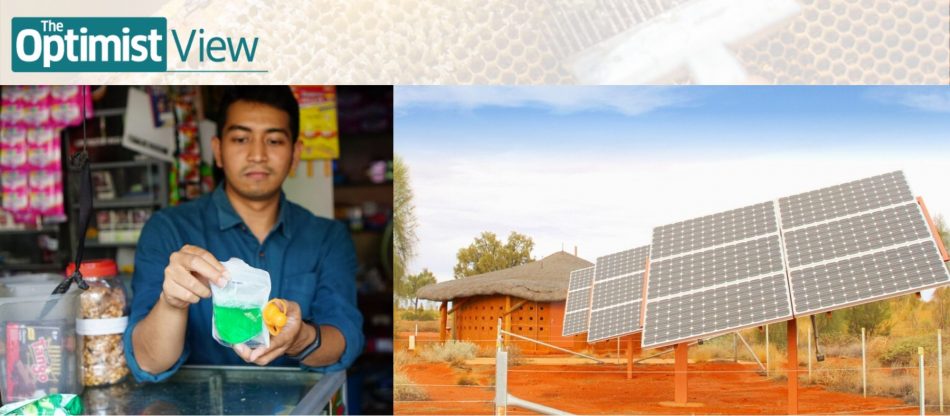“A little bit of good can turn into a whole lot of good when fueled by the commitment of a social entrepreneur” – Jeffery Skoll
We often hear about massive companies creating amazing new products, coming up with disruptive solutions and finding new ways to deliver their products or change our spending habits, and earning a billion bucks in the process. But what if the measure of success was not how much profit the company earned, but rather how much of a positive impact a new idea or new product offers to the people who are using it? That’s what we mean by social entrepreneurship. Often these disruptive ideas, prioritizing social goals over making profits, transform our world just as radically as the latest gadget, search algorithm, or genius marketing ploy.
While large corporations have an outsized impact on how we live our lives, for good and for ill, equally important are the small, brilliant start-ups implementing bottom-up solutions to the world’s most pressing issues. These companies, organizations, and initiatives are often people, rather than profit, focused and place their energy in investing in communities where small changes can make a big difference in the everyday existence of millions of families. In fact, as these innovations transform the lives of the people they serve, they have the chance to percolate up into a wider world and rewrite how progress is measured everywhere.
For today’s Optimist View, we wanted to dig deeper into a concept of success that is not measured not by how massive the balance sheet, but rather by how many people’s lives have been able to be touched in a positive way. To that end, we are highlighting a couple of the biggest names the social enterprise world, as well as some of the ingenious companies we’ve covered lately that measure success by how much they give instead of how much they can get.
Redefining Creditworthiness, Reinventing Money
It is often said that necessity is the mother of innovation, and it is no surprise that in the remote and under-resourced areas of the world we find some of the most creative problem-solving ideas and solutions. For example, Muhammed Yunus’ Grameen Bank revolutionized credit markets and community development in Bangladesh in the late 1970s by pioneering a new concept of what makes a person creditworthy. By granting small loans to innovative women in Bangladesh who had no ability to access traditional financial markets, and might otherwise have been considered a terrible investment risk, Grameen proved that investing directly in “little” people actually is a fantastic bet, and can seed transformation in an entire community, one family at a time. Grameen’s microcredit and microlending model has been copied, updated, and implemented in communities around the world and has inspired new social innovators to go even further.
Over the past few decades, advances in technology have opened new vistas in social innovation by humanitarians, community development organizations, and even resourceful entrepreneurs. Capitalizing on technology and other advancements these small actors can create social innovation, which Stanford University defines as “a novel solution to a social problem that is more effective, efficient, sustainable, or just than current solutions…the value created accrues primarily to society rather than to private individuals”.
For instance, M-Pesa (M for mobile, pesa is Swahili for money) a mobile-phone money transfer service which Vodafone pioneered in Africa, with network partners Safaricom and Vodacom in most countries, as well as in Asia and Eastern Europe. The service provided hundreds of thousands of people, who did not have bank accounts before, the ability to safely store, send and receive money. With newer money transfer apps like Venmo, Xoom, and PayPal, the entire world has jumped onto the mobile money bandwagon. The impact on money transfers has been nothing short of revolutionary. With these services, individuals in rural areas of Africa, South Asia, or Latin America no longer need to carry large amounts of money for peer to peer transactions, reducing the risk of robbery, and city workers can cheaply and quickly send money to relatives in hard to reach rural areas, not to mention global remittances back home.
In case you missed it, here are some great examples of socially motivated entrepreneurs we’ve recently featured in the Optimist Daily:
Zero Waste Living Lab
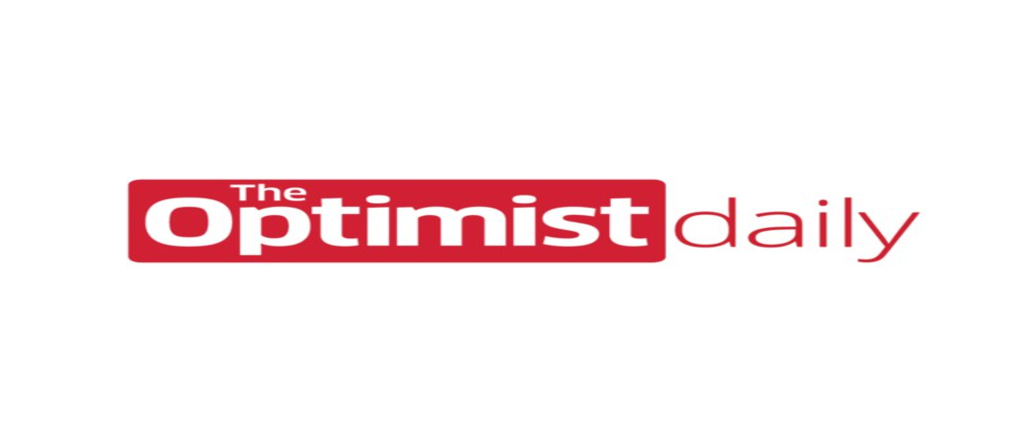
Earlier this week, we shared a story close to home about the Zero Waste Living Lab (ZWLL) – a program that builds and scales impact-driven companies, aiming to close the tap on the overwhelming amount of single-use plastic leaking into the environment.
The ambitious program was established in 2019 by a Dutch non-profit organization called Enviu, which partners with relevant stakeholders, including consumers, entrepreneurs, governments, and NGOs, to build companies that address social and environmental issues. One of their projects in Indonesia is the implementation of zero-waste laundry detergent distribution machines which reduce the amount of single-use plastic packaging.
They also started the farm-to-fork venture. Kecipir, to connect local, organic farmers to consumers in a bid to realize agricultural production, distribution, and consumption in a more equitable and environmentally friendly manner.
Sustainable Period Products
500 million women worldwide lack adequate facilities for menstrual hygiene management, so when Cherie Hoeger, an entrepreneur and mother of five daughters, launched her menstrual cup company, Saalt, she made the commitment to donate 2 percent of the company’s revenue to aid menstrual health, education, and sustainability in developing areas.
Menstrual cups can be worn for up to 12 hours, require minimal water for cleaning, and can be discreetly carried around in a purse or backpack. 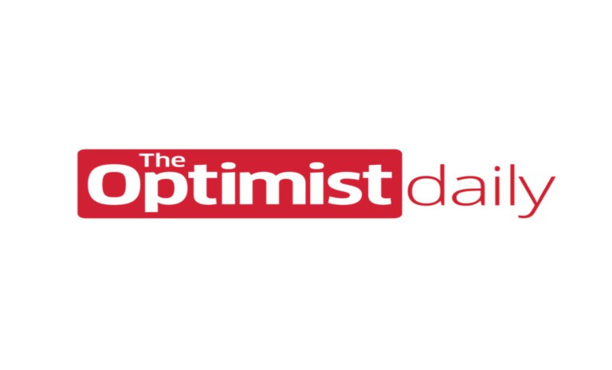
Reliable menstrual products decrease the chance of women missing school or work and prevent personal hygiene concerns from interfering with their daily lives. Not having to worry about where you will discard your disposable menstrual products or where you will access more means time to focus on other important daily activities and goals.
The added sustainable bonus of menstrual cups is that they eliminate large amounts of waste from tampons and pads that would otherwise be thrown away after use. Menstrual cups can last for years, eliminating some of the 200,000 tonnes of waste per year generated from disposable menstrual products.
Fueling Financial Literacy
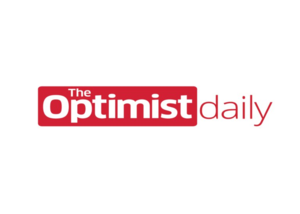 According to the FDIC, 51 percent of foreign-born non-citizens are either unbanked or underbanked. This is due to lack of legal paperwork, lack of knowledge about banking systems, or simply discomfort with approaching banking resources. The banking service, Majority, which fully launched in February of this year, hopes to offer a lifeline for its 20,000 registered users to bridge the gap between immigrants and full financial literacy.
According to the FDIC, 51 percent of foreign-born non-citizens are either unbanked or underbanked. This is due to lack of legal paperwork, lack of knowledge about banking systems, or simply discomfort with approaching banking resources. The banking service, Majority, which fully launched in February of this year, hopes to offer a lifeline for its 20,000 registered users to bridge the gap between immigrants and full financial literacy.
Majority was founded by Swedish immigrant Magnus Larsson who was motivated to help other immigrants after he experienced difficulties with even simple tasks such as setting up a bank account in the US. Members pay five dollars a month for traditional online banking services, but with no minimum balance requirements or overdraft fees. It has also partnered with Ohio-based Sutton Bank, giving users access to their ATMs.
The company plans to continue to expand their reach and is working with brand ambassadors to learn how to better serve specific immigrant communities.
Clean Energy Creators
There are more than 200 million people in India without access to power. And while the government is working on connecting them to the grid, it also wants to ensure that the energy comes from renewable sources.
A company called Frontier Markets is contributing to this goal by employing women to sell lamps, stoves, and even TVs that run on solar power through a program called Solar Sahelis (Solar Friends). Each woman is in charge of selling products to hundreds of rural households. By employing women, this solves another problem in India as only 22 percent of the workforce is currently made up of women.
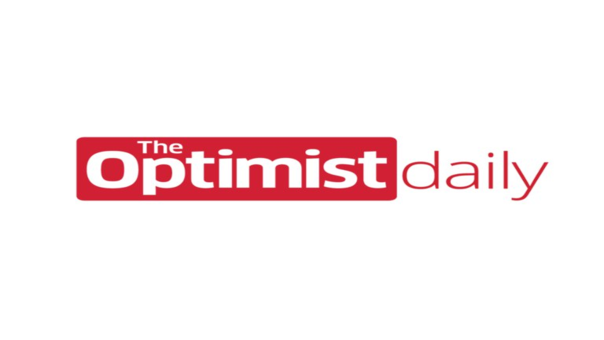
As of now, the program seems to be working. According to the founder of Frontier Markets, 3,000 women have helped to provide energy to more than half a million village houses in Rajasthan and plans to continue expanding the initiative.
Forward-thinking Fashion
The fashion industry is extremely problematic in terms of waste, pollution, and workers’ rights issues. One shop in Los Angeles, called GALERIE.LA, curates sustainable clothing and accessories to counteract the traditionally wasteful nature of the industry.
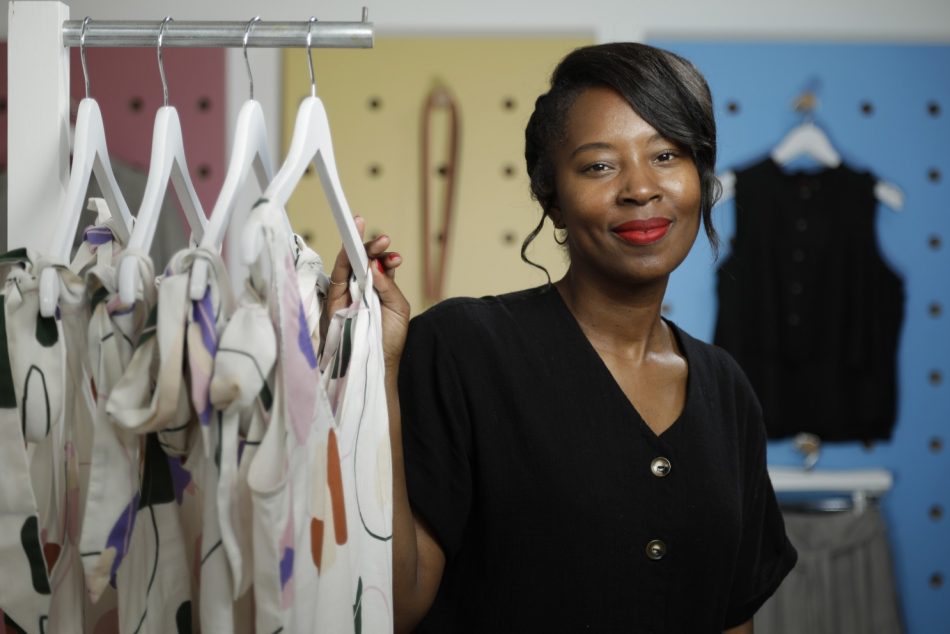
In-store and online, each product features extensive traceability, so the consumer can easily make purchases based on what they believe defines a sustainable purchase.
What’s more, to make it extra transparent, the company answers many questions about each item it’s selling. Who made this? Is it supporting my community? Were any animals harmed? What’s the environmental impact? Also, to make the inventory easy to navigate, each item is tagged, either physically or virtually, with a variety of labels aimed at providing answers to these questions.
The sweet taste of socially-conscious enterprise
We’re big on sharing stories about bees here on The Optimist Daily, and this solution helps bees and families in Zambia.
Martin Zuch decided to leave his job at a hedge fund to build a socially-conscious honey enterprise. Zuch installed top-bar beehives in trees across the bush, paying the families who owned the land to harvest the honey. Almost a decade on, they have managed to place about 90,000 beehives, impacting between 5,000 and 7,000 families.
The influx of money in the community allows families to flourish and send their children to school. As an added bonus, the company is pesticide-free, helping to support bee populations with delicious golden goodness.
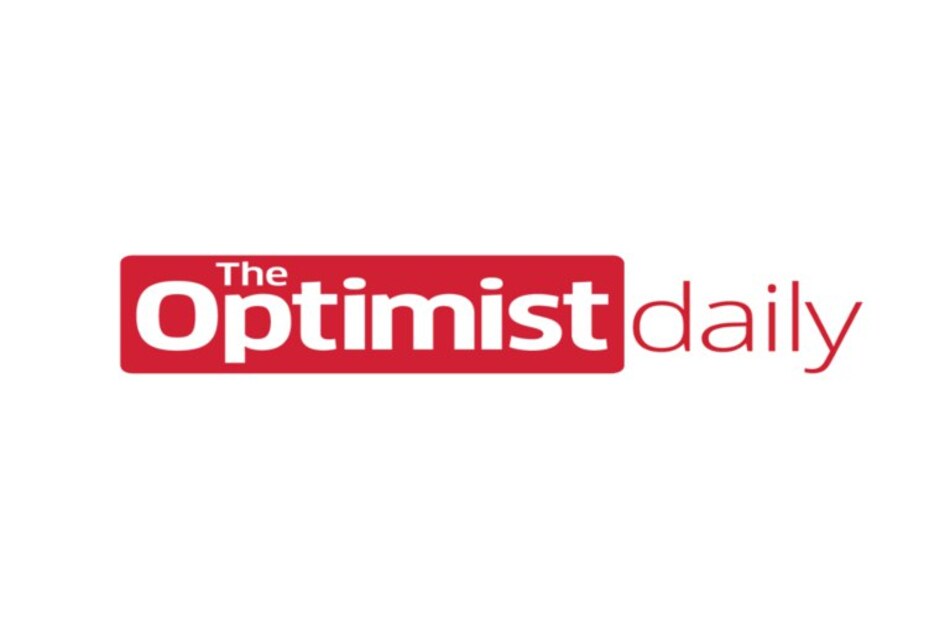
Unleashing Human Energy
Jacqueline Novogratz, is the founder and CEO of Acumen, a venture capital fund that serves some of the poorest people in the world, that happens to be the impact investor behind Frontier Markets, profiled above. Novogratz was inspired by the Grameen model to leave a career in mainstream finance to help found the first microfinance bank in Rwanda in the 1980s. She has since gone on to become one of the most articulate boosters of impact investing and the power of “moral imagination” in creating lasting change. Her newest book, Manifesto for a Moral Revolution: Practices to Build a Better World, is essential reading for anyone who seeks to leave this world better off than how they found it. In a recent interview, Novogratz describes her sense of how the current moment is starting to redefine success: “In brief, it’s moving away from money, power, fame, which is the shorthand for what we’re seeing around us too much today, to celebrating those people who release the most human energy into the world.” That’s the definition of true success, and that’s the power of social entrepreneurship.
_______
About the Author

Kristy Jansen is Chief Content Officer at the Optimist Daily, produces a weekly radio show, Solutions News and serves as Chief of Staff at TOD’s publishing partner, the World Business Academy. Her passions include conscious mass media, socially responsible entrepreneurialism, intentional communities, nonviolent civil resistance, regenerative economies, smart science fiction and, of course, the positive power of rational optimism.



